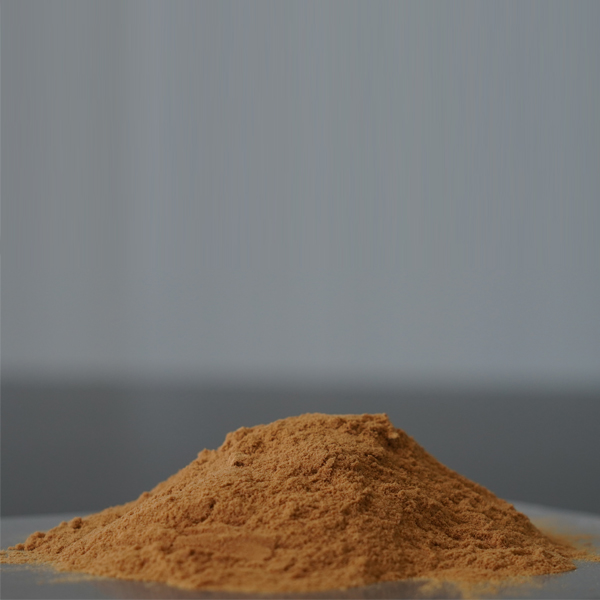
News
Aug . 07, 2024 13:30 Back to list
Customized Liquid Micronutrient Solutions for Enhanced Plant Growth and Nutritional Support
The Importance of OEM Liquid Micronutrients for Plant Health
Micronutrients play a critical role in the overall health and productivity of plants. As essential elements required in minuscule amounts, they facilitate various physiological processes that are vital for growth, development, and reproduction. Among the newest advancements in agricultural practices, OEM (Original Equipment Manufacturer) liquid micronutrients have emerged as a significant solution for enhancing plant nutrition and improving crop yields.
OEM liquid micronutrients are specifically formulated products that can be tailored to meet the unique needs of various plants and soil types. These micronutrients include essential elements such as zinc, iron, manganese, copper, boron, and molybdenum, among others. While they are required in smaller quantities compared to macronutrients like nitrogen, phosphorus, and potassium, their impact on plant health cannot be understated.
Benefits of Using Liquid Micronutrients
1. Enhanced Nutrient Uptake One of the main advantages of liquid micronutrients is their superior absorption rate. In liquid form, these nutrients can penetrate plant tissues more easily compared to traditional granular forms. This leads to enhanced nutrient uptake by the roots, which can result in more robust plant growth and increased resistance to diseases.
2. Customizable Formulations With OEM products, agricultural businesses can create tailor-made micronutrient solutions that cater to specific crops and local soil conditions. This customization ensures that farmers can meet the precise nutritional requirements of their plants, thereby improving productivity and crop quality.
3. Ease of Application Liquid micronutrients can be easily mixed with other fertilizers and pesticides, allowing for efficient application methods. Techniques such as foliar spraying or fertigation (the incorporation of fertilizers in irrigation water) are commonly used, resulting in greater efficiency and reduced labor costs.
oem liquid micronutrients for plants

4. Quick Response Unlike solid fertilizers, which may take time to dissolve and be absorbed by plants, liquid micronutrients provide immediate availability. This rapid response can be crucial during specific growth stages when plants require a quick boost in nutrient levels to maximize their potential.
5. Improved Stress Tolerance Micronutrients are known to play a vital role in helping plants adapt to environmental stressors. By fortifying plants with the necessary micronutrients, growers can enhance their crops' resilience to drought, salinity, and temperature fluctuations, resulting in more stable yields.
Considerations for Effective Use
Despite the numerous benefits that OEM liquid micronutrients offer, it’s essential for growers to apply them judiciously. Over-application can lead to nutrient imbalances and potentially toxic conditions. Therefore, conducting soil tests to understand nutrient levels is crucial. Additionally, understanding the specific needs of particular plant species can help in determining the appropriate type and quantity of micronutrients to use.
Moreover, integrating liquid micronutrients into a broader nutrient management strategy is vital. Combining them with organic matter, biological amendments, and other cropping practices can enhance soil health and increase the efficiency of nutrient use.
Conclusion
OEM liquid micronutrients represent a modern approach to plant nutrition, significantly impacting agricultural productivity and sustainability. By providing essential nutrients in a readily available form, these products empower farmers to optimize plant health and achieve higher yields. As the agricultural sector continues to evolve, embracing innovations like liquid micronutrients will be key to meeting the growing global food demands while promoting environmentally friendly practices. Understanding their benefits and using them effectively can lead to healthier plants and a more sustainable future for agriculture.
-
Polyaspartic Acid Salts in Agricultural Fertilizers: A Sustainable Solution
NewsJul.21,2025
-
OEM Chelating Agent Preservative Supplier & Manufacturer High-Quality Customized Solutions
NewsJul.08,2025
-
OEM Potassium Chelating Agent Manufacturer - Custom Potassium Oxalate & Citrate Solutions
NewsJul.08,2025
-
OEM Pentasodium DTPA Chelating Agent Supplier & Manufacturer High Purity & Cost-Effective Solutions
NewsJul.08,2025
-
High-Efficiency Chelated Trace Elements Fertilizer Bulk Supplier & Manufacturer Quotes
NewsJul.07,2025
-
High Quality K Formation for a Chelating Agent – Reliable Manufacturer & Supplier
NewsJul.07,2025
